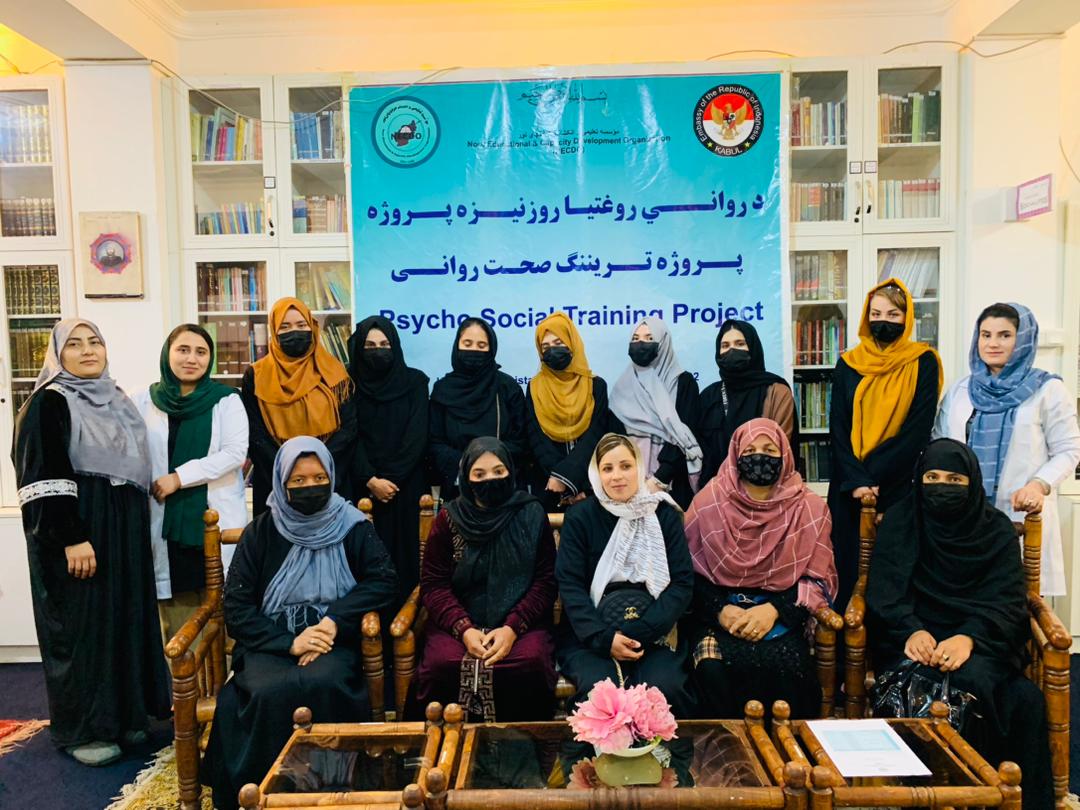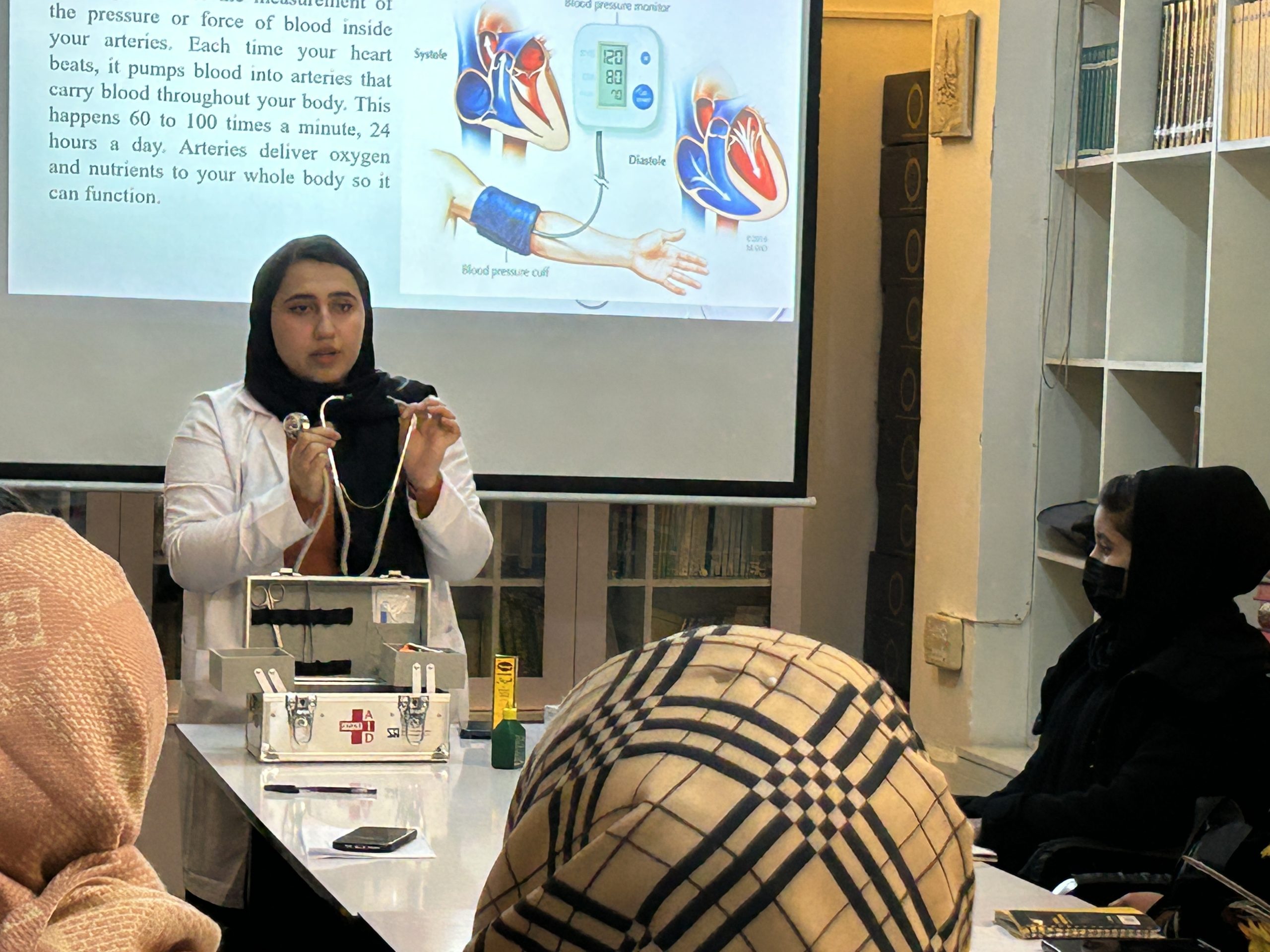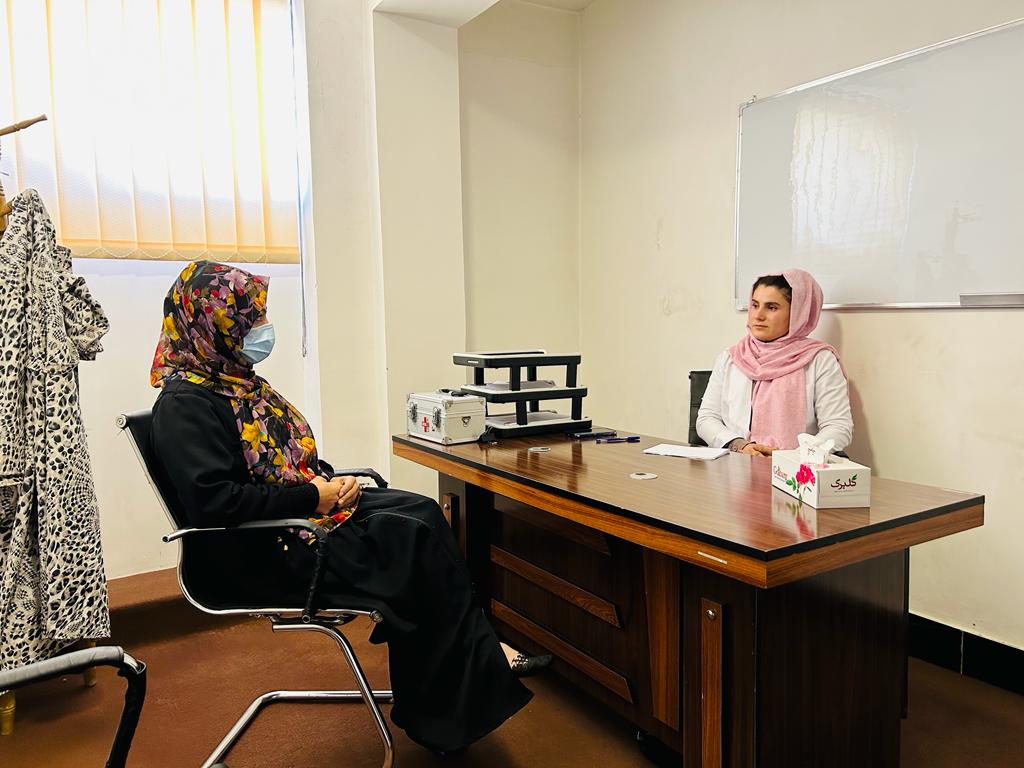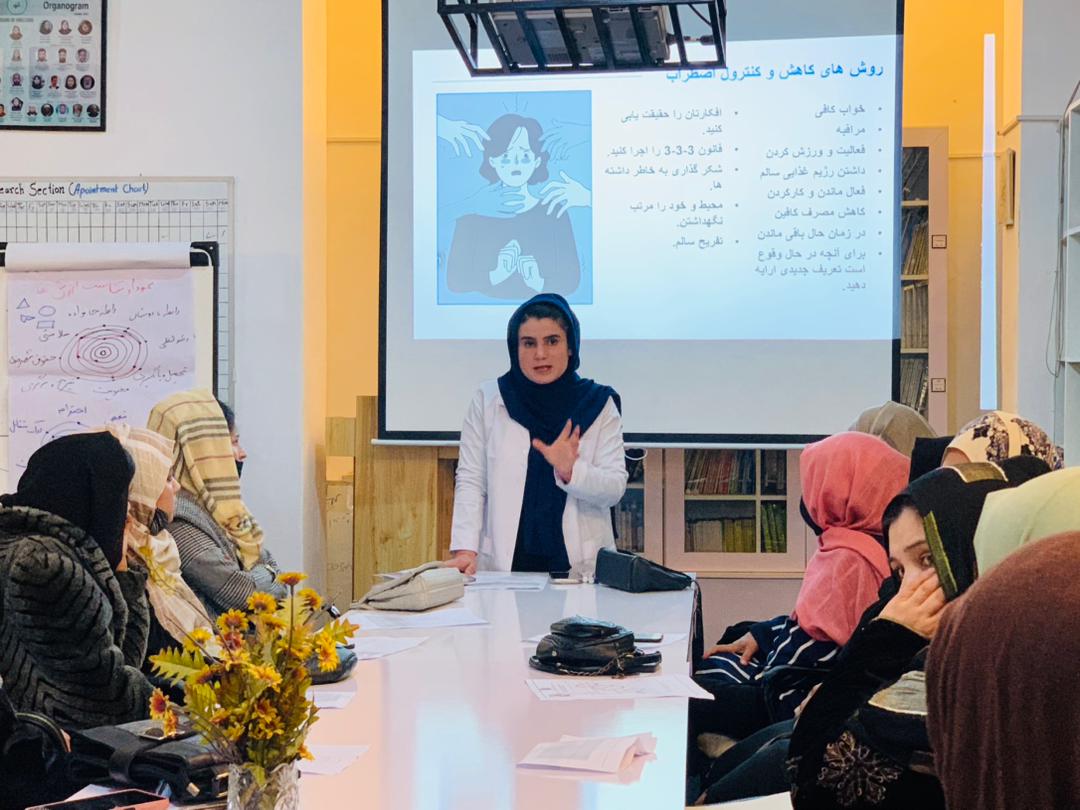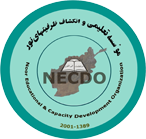Psychosocial & Physical Health Project
The Psychosocial & Physical Health Project spanned over One Year, with the goal of promoting comprehensive well-being among 600 women and girls. Starting on July 2, 2023, the project comprised 30 sessions, each lasting two days and accommodating 10 women. These sessions covered a wide range of topics aimed at enhancing psychosocial health, including depression, stress management, anxiety, sleep problems, anger control, self-awareness, self-care skills, self-confidence, willpower, decision-making, negative thought management, and fostering healthier family and social relationships. The project concluded successfully on June 30, 2024, with significant achievements in improving participants’ overall well-being. In addition to the focus on psychosocial health, the Psychosocial & Physical Health Project encompassed two crucial areas: psychosocial and physical health. Over the course of One Year, all 600 participants, exclusively women, engaged in the training sessions. Divided into 30 groups of 20 women each, these sessions provided comprehensive training over two days, addressing both mental and physical health. The physical health section, consisting of practical and theoretical topics, received three hours of dedicated training across the two-day sessions. This segment covered numerous essential subjects including menstruation hygiene, proper usage of sanitary equipment during menstruation, pregnancy care and nutrition, the effects of premature birth, breastfeeding guidance for both mother and baby, dental care for primary and permanent teeth, tooth protection measures, dental visits, first aid, emergency response procedures for cuts, burns, fractures, and traffic accidents, pulse measurement, types of jaundice, understanding blood pressure, techniques for measuring blood pressure, the benefits of hydration, and the importance of vaccines. During the two-day sessions, efforts were made to actively listen to participants’ health concerns and provide necessary advice and guidance. The project successfully delivered valuable and practical information, resulting in participant satisfaction and improvement in their overall well-being. By addressing both psychosocial and physical health, the project aimed to empower women and girls to lead healthier and more fulfilling lives.
Assessment:
Through our assessment of the participants, we identified significant psychosocial and physical health concerns among women and girls in our program. In terms of psychosocial health, our evaluations revealed that many participants experienced issues such as depression, generalized anxiety, and stress-related disorders. Additionally, they faced challenging family dynamics, including lack of compatibility in relationships, forced marriages, difficulties in parenting, and learning difficulties among students. To address these challenges, our psychological counseling sessions were instrumental in providing support and assistance to these women and girls. Regarding physical health, we conducted a thorough assessment before the program commenced. We distributed questionnaires containing important questions related to various physical health aspects, such as menstrual problems, dental diseases, systemic illnesses, hygiene practices during menstruation, access to proper nutrition and living facilities, vaccinations for children and adults, and knowledge about jaundice and injection methods. By collecting and analyzing the responses, we gained insight into their specific health concerns. We took note of their problems from the questionnaires and subsequently offered tailored solutions for each participant’s specific issues. It is unfortunate that our country faces fragmentation and limited access to sanitary resources and food, resulting in various challenges throughout its lifetime. Nonetheless, we endeavored to provide valuable advice and guidance to address their problems to the best of our abilities.
Psychosocial Health Impact:
a) We were able to provide psychosocial wellness counseling to 600 women and girls from various backgrounds, including teachers, students, lawyers, social activists, housewives, and survivors of gender-based violence. These individuals were facing psychosocial health issues and social challenges.
b) Most of the beneficiaries suffered from varying levels of depression. Through our sessions, we observed a reduction in their depression levels, as indicated by pre-test and post-test data.
c) The counseling sessions empowered the women and girls to effectively manage their social and family activities. They became more proficient in handling their thoughts, and stresses, and were motivated to engage in socio-economic sectors.
d) Moreover, the participants experienced increased self-awareness, developed aspirations for a better future for themselves and their children, and fostered improved relationships with their families and friends.
e) The counseling enabled the women and girls to effectively manage negative thoughts, emotions, stress, and anger. As a result of our activities, they are now committed to promoting the psychosocial well-being of other women and girls and contributing to mental health awareness in society.
Physical Health Impact:
During the One year duration of our project, we observed low levels of health awareness among individuals in the health sector, particularly women, in our developing country. There was a lack of knowledge regarding hygiene practices, including menstruation hygiene, proper nutrition during pregnancy, breastfeeding, emergency response, proper use of medications, child malnutrition, and maternal mortality.
Fortunately, through our project, we were able to provide valuable information within a short period. We learned about the significant need among women to raise awareness and protect themselves and their families from diseases. Our training not only addressed their knowledge gaps but also improved their self-confidence and empowered them to freely express their opinions. Key topics covered during our training included understanding blood pressure, basic measures in case of burns, proper use of sanitary equipment, and the hazards of disposable pads.
Additionally, we identified individuals within the health sector who were educated and chose them as focal points. We designed specific programs to enhance their knowledge levels, ultimately preparing them for future work opportunities in line with their training.
